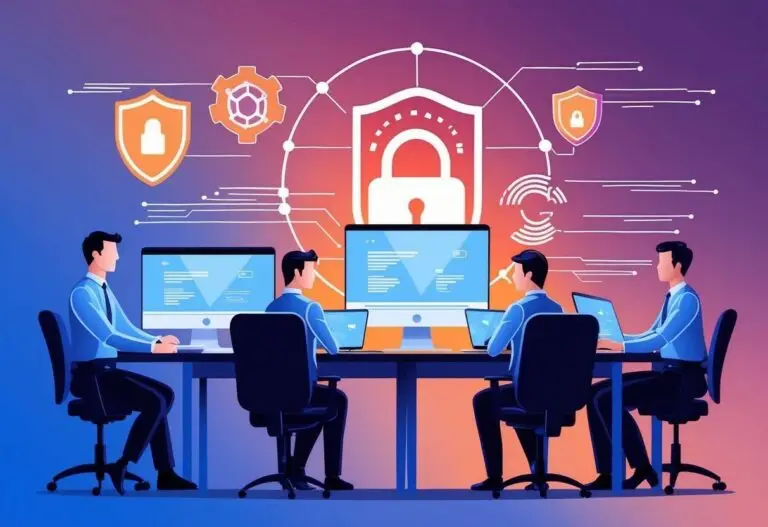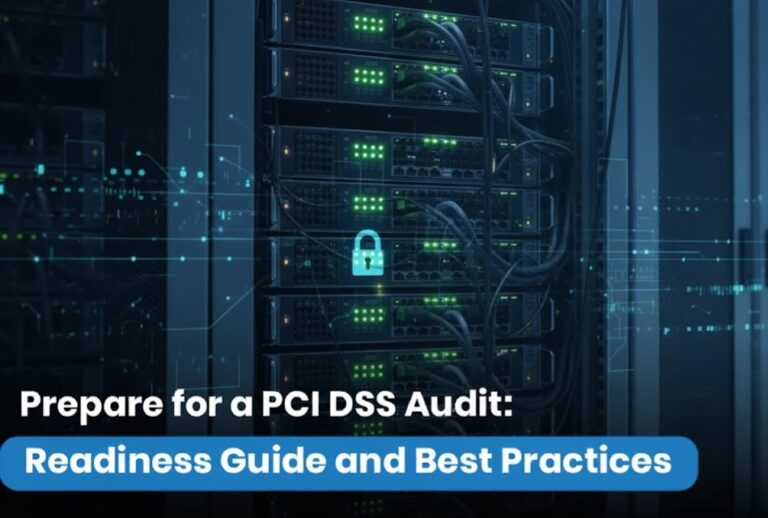
In the contemporary digital era, technological advancements have revolutionized business operations. However, these innovations have also introduced a dynamic landscape of cyber threats and vulnerabilities. Consequently, the necessity for robust cyber security measures has never been more pronounced. One of the most efficacious strategies to prevent security lapses is the implementation of external cyber security audits.
Cyber security is the practice of safeguarding systems, networks, and programs from digital attacks. These cyberattacks often aim to access, alter, or destroy sensitive information, extort money, or disrupt normal business processes. As the frequency and complexity of cyberattacks escalate, the need for comprehensive security measures becomes paramount.
Cyber security encompasses a wide array of practices and disciplines, including network security, application security, information security, and end-user education. Organizations must adopt a multi-faceted approach to protect their assets and ensure the integrity, confidentiality, and availability of their data.
An external cyber security audit is a meticulous and independent examination of an organization’s cyber security posture, conducted by a third-party entity. The primary objective is to identify vulnerabilities, evaluate the effectiveness of existing security measures, and provide recommendations for enhancing overall security.
External audits typically involve several steps, including:
Engaging an external auditor provides numerous advantages, including:
To illustrate the significance of external cyber security audits, consider the case of a multinational corporation that experienced a significant data breach. The breach resulted in the exposure of sensitive customer information and caused substantial financial and reputational damage.
The corporation engaged an external auditor to conduct a comprehensive cybersecurity audit in response to the breach. The audit revealed several critical vulnerabilities in the organization’s network and application security. The external auditor provided detailed recommendations for addressing these vulnerabilities, including implementing advanced encryption protocols, enhancing access controls, and conducting regular security training for employees.
By adhering to the auditor’s recommendations, the corporation significantly improved its security posture. Subsequent audits confirmed that the implemented measures had effectively mitigated the identified risks. The organization regained the trust of its customers and partners, and its reputation was restored.
In an era where cyber threats are continuously evolving, the importance of robust cyber security measures cannot be overstated. External cyber security audits play a pivotal role in identifying vulnerabilities, enhancing security, and ensuring compliance with regulatory requirements. By providing an unbiased and expert assessment, external auditors assist organizations in fortifying their defenses and preventing security lapses. Ultimately, investing in external cyber security audits is a proactive and strategic approach to safeguarding valuable assets and maintaining the trust of customers and stakeholders.
As businesses continue to navigate the complexities of the digital landscape, they must prioritize cyber security as a critical component of their operations. External cyber security audits are an indispensable tool in this endeavor, offering a pathway to a more secure and resilient future.

If your business processes credit or debit card payments, PCI

Navigating Your PCI DSS Audit: A No-Nonsense Guide for Aussie

PCI DSS QSA audit Australia — In today’s digital economy,